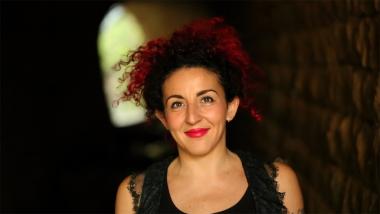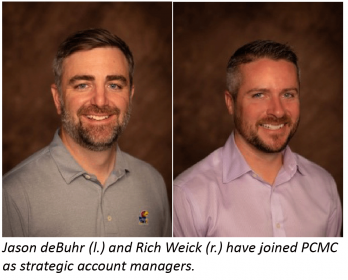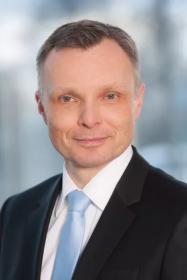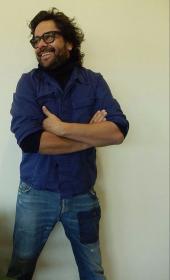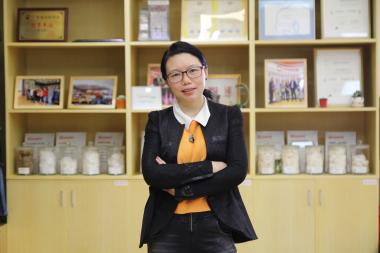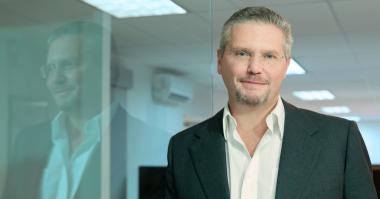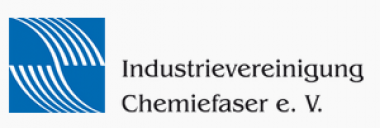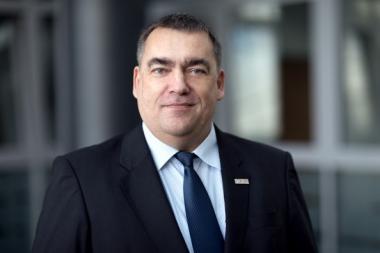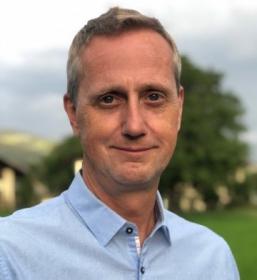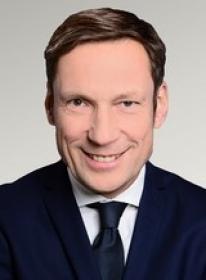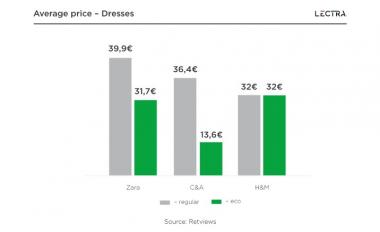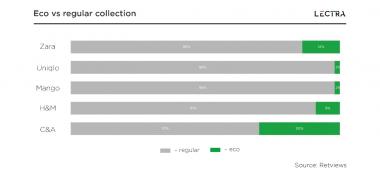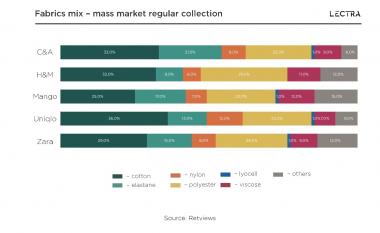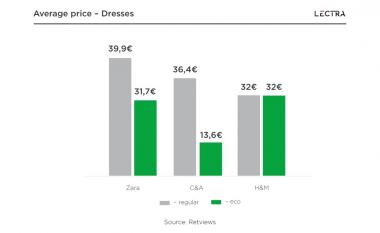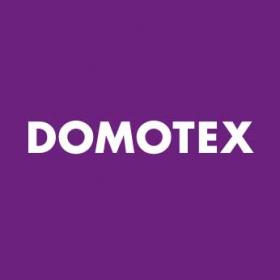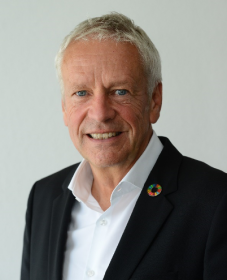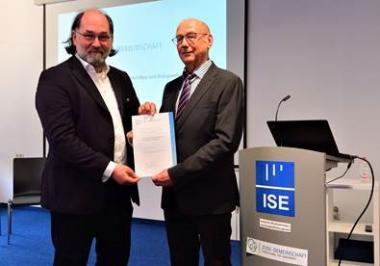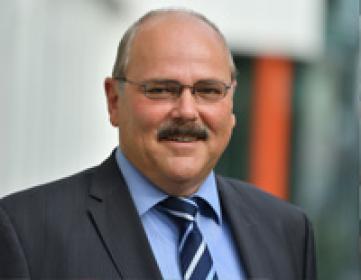Amazing Connections: SFASHION NET & C.L.A.S.S.
- A new partnership is born in the name of responsible innovation, relationships and a new twist in the fashion system
C.L.A.S.S., the international hub for responsible innovation founded by Giusy Bettoni, and SFASHION NET, the portal dedicated to micro critical fashion companies created by Guya Manzoni and Marina Savarese, join forces to give active support to micro enterprises and bring a wave of fresh air in the fashion system.
When you speak the same language and are moved by the same values, it is easy to meet on a common path. You can decide to walk alone, or to continue together in the same direction. This is what has happened since the meeting of C.L.A.S.S. and SFASHION NET, two realities, the first consolidated over time and the second recently born, which speak of responsible innovation, beauty, design, tradition, ethics and smart communication.
And who have decided to combine skills and ideas in the name of a revolutionary vision of fashion.
Micro companies and independent designers, the daily bread of SFASHION NET, will become the final addressees of a series of specialized services and courses developed by C.L.A.S.S. and will benefit from special conditions for finding materials in small quantities available on the Smart Source and ad hoc consultancy. All this to support the growth of these brands that have always moved on the wave of sustainability and ethical production, but often encountering many problems.
Online activities will alternate with offline meetings, because relationship is what makes the difference, even in the world of fashion.
“The spirit and values of the new generation of designers are what makes us optimistic about tomorrow’s fashion system. For this reason, together with SFASHION NET “every year” we will choose 1 or 2 creatives that are more in line with our common values and we will promote them at 360°, on all our channels and with a targeted communication activity starting from the collections that will be presented in February”.
© GB Network Marketing & Communication


